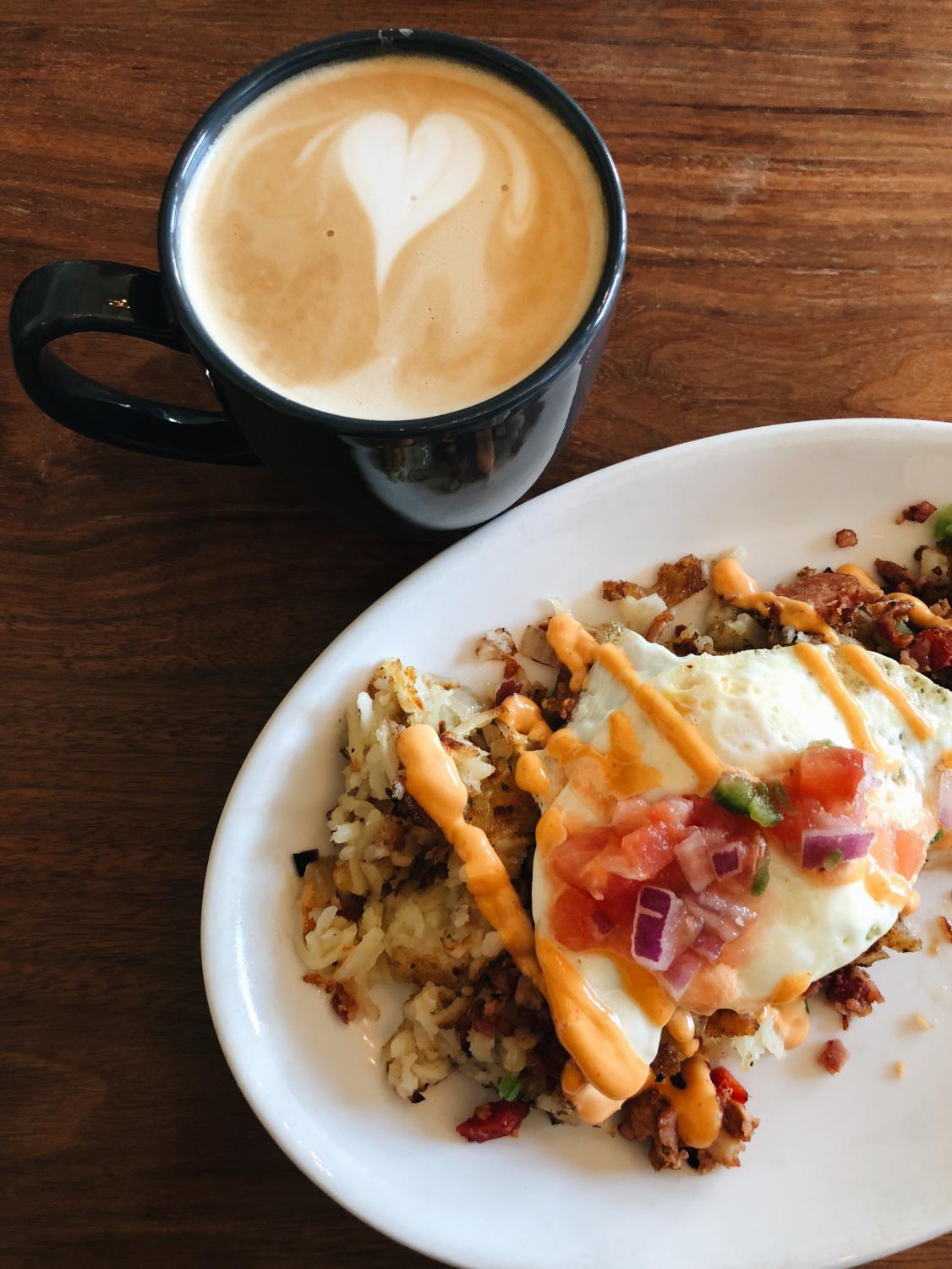
Honoring our bodies’ needs includes being mindful of adequate nutrition. The intuitive eating movement is ultimately concerned about the health of all individuals. Through the principles we have discussed in my column, the goal of intuitive eating is to move towards a healthier relationship with food and our bodies. One important aspect of this relationship is gentle nutrition. Some people are lactose intolerant or have Celiac disease, and have more challenges practicing intuitive eating as it embraces an all foods fit philosophy.
Gentle nutrition is a principle that takes into account the importance of incorporating a variety of foods and nutrient groups to help fuel our bodies without promoting restrictive behaviors. Gentle nutrition looks like honoring our body’s abilities to process food and inability to process certain foods (intolerances and allergies, for example). Eating fruits and vegetables and trying new foods are important parts of a healthy relationship with food.
Intuitive eating is absolutely not anti-health, and nor is the Health at Every Size movement; it is actually designed to help promote health through a non-judgemental approach which respects the diversity of human bodies and the connection we find in eating food. Intuitive eating adopts an “all foods fit” philosophy, where there are no “good” or “bad” foods, but rather food is something that gives us energy and brings us connection with other people. The key here is gentle nutrition, not forced or inflexible nutrition. Honoring your health through gentle nutrition is just one principle of the intuitive eating paradigm, alongside the tents of giving yourself permission to eat all of the foods, respecting the set point size (that weight which our bodies naturally fall when they are nourished, and at which our bodies fight to preserve) and shape of your body and learning how to reject the diet mentality.
Intuitive eating does not mean you only eat cookies or cake all day long; honestly, you would eventually get really tired of that and probably feel pretty sick. Intuitive eating looks like allowing yourself to eat the cake or cookies in addition to more nutrient dense foods. Through intuitive eating, you can learn to recognize the way that eating a lot of sugar at once may make your body feel and adjusting accordingly to eat what you want while also honoring how your body feels.
Gentle nutrition is the last principle in the paradigm because it is the one that can only be practiced after your relationship with food is in a healthier place. You are ready to incorporate gentle nutrition when you’ve learned important previous concepts. This looks like accepting your body, engaging in joyful forms of movement (which have associated health benefits) and practicing honoring our body’s food preferences and intuition.
Although intuitive eating can be more difficult for those with dietary restrictions, it’s achievable. Intuitive eating is possible for those with both types of diabetes; it just takes a little extra consciousness and planning. For example, for someone who has type two diabetes, rather than completely cutting out carbohydrates and sugars, you can pair these foods with fiber to slow down the rise of blood sugars in the body. Intuitive eating is available to those in all bodies, and can even aid in improving one’s health profile.
You might be wondering: How can I work towards adopting the principles of intuitive eating and incorporate gentle nutrition? In the next couple of weeks, I plan to talk about the connections between intuitive eating and eating disorders, the health at every size movement and a couple other entities and paradigms as we go through this semester together. Congrats on finishing learning about the steps of intuitive eating; I’m excited to keep delving more into it in the next couple of weeks!



